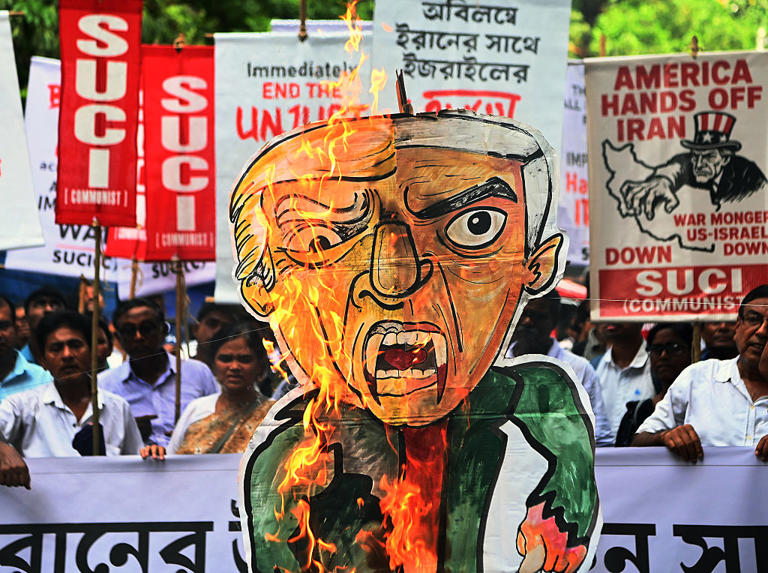India’s Neutral Yet Strategic Response to the Iran-Israel Conflict Earns Tehran’s Appreciation
As tensions escalated dramatically between Iran and Israel following missile strikes, the global community watched anxiously. While the U.S. and Western allies largely sided with Israel, India walked a careful yet principled line — calling for peace, diplomacy, and de-escalation. This non-aligned stance, rooted in India’s long-standing foreign policy tradition, did not go unnoticed. In a rare diplomatic gesture, Iran publicly thanked India for showing solidarity during this sensitive time. For New Delhi, this moment was a reflection of its growing maturity as a global player — one that doesn’t bend under pressure, but also avoids knee-jerk moralizing.
How India’s Strategic Diplomacy Earned Praise from Iran
India’s response to the Iran-Israel conflict was a textbook case of nuanced diplomacy. Prime Minister Narendra Modi held a high-level phone conversation with Iranian President Ebrahim Raisi. During the call, Modi expressed deep concern over the rising tensions and stressed the importance of “dialogue, diplomacy, and de-escalation.”
This measured message — neither condemning Iran nor endorsing Israel’s military actions — was seen in Tehran as a mark of genuine friendship. Iran’s Foreign Ministry appreciated India for not siding blindly with the Western bloc and for upholding a tradition of sovereign, balanced foreign policy.
Iranian media covered the story with positive headlines, noting that India respected Iran’s sovereignty and played a responsible global role. The call was also significant because it came at a time when India was conducting emergency evacuations of its citizens from Iranian soil — alongside Sri Lankan nationals — further showcasing India’s calm crisis management.
India’s response stands in contrast with the polarizing rhetoric from Washington and Tel Aviv, which has drawn sharp criticism from several quarters, including Iran. In such a climate, India’s non-interventionist approach not only avoided unnecessary escalation but also reaffirmed its strategic partnerships with both Iran and Israel.
Historically, India and Iran have shared deep civilizational, cultural, and trade ties. Even during tough times — like the U.S. sanctions against Iran — India continued to engage with Tehran, especially on Chabahar Port, energy cooperation, and regional stability. That long memory plays a role today.
This episode has underlined India’s rising role as a reliable regional power that can balance relations with conflicting powers — a vital quality in today’s fractured geopolitical world.





















